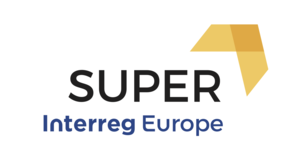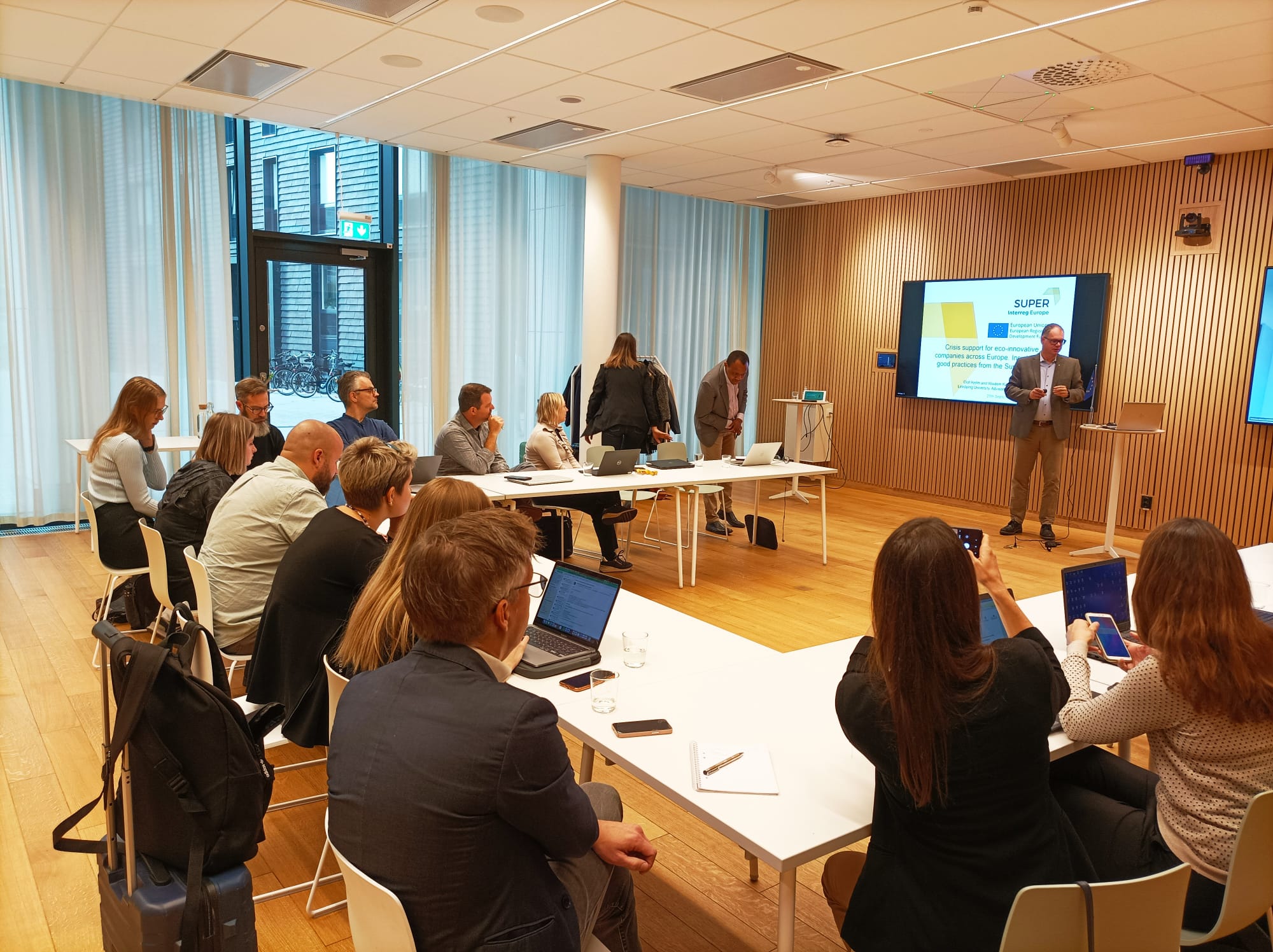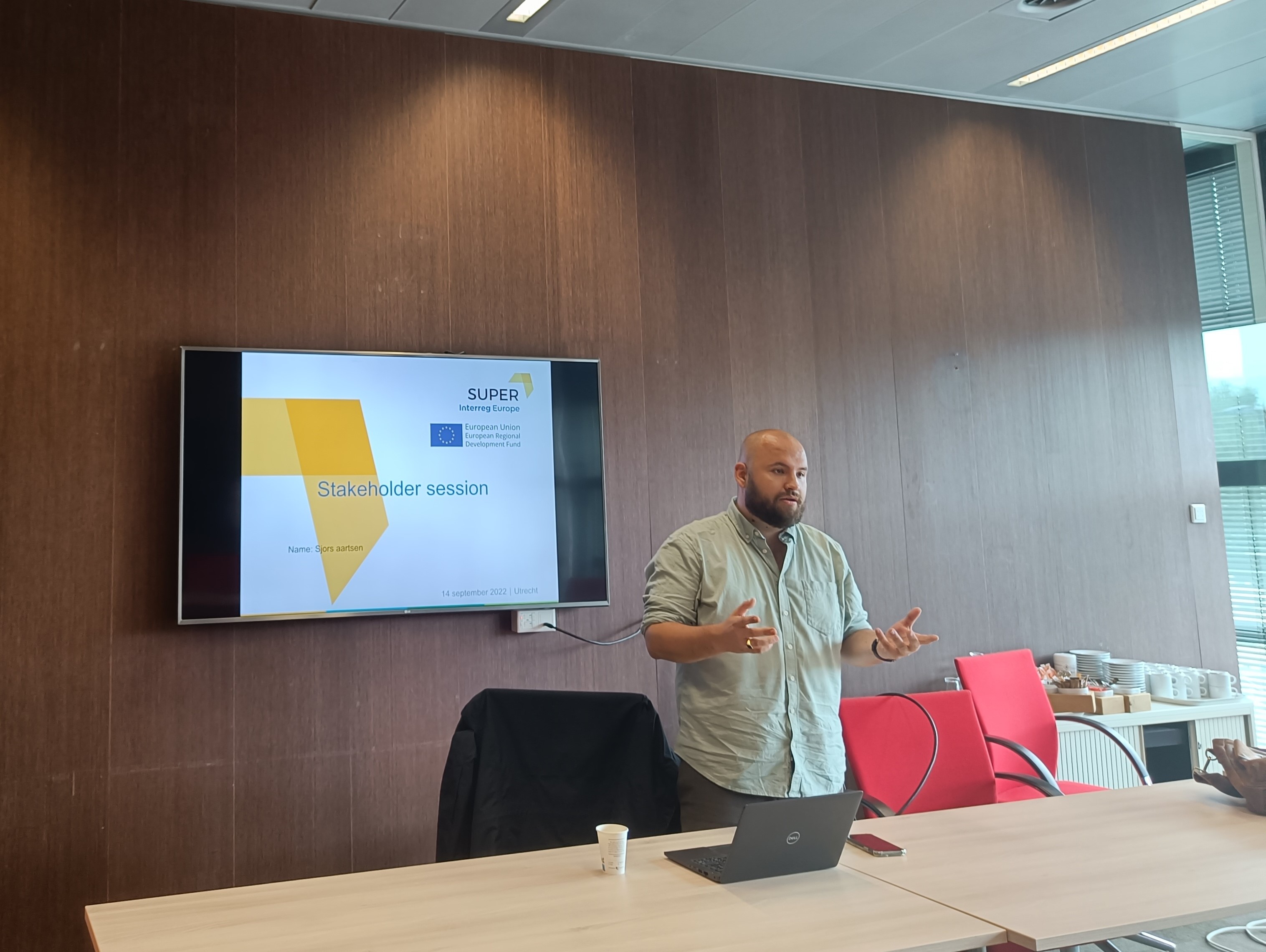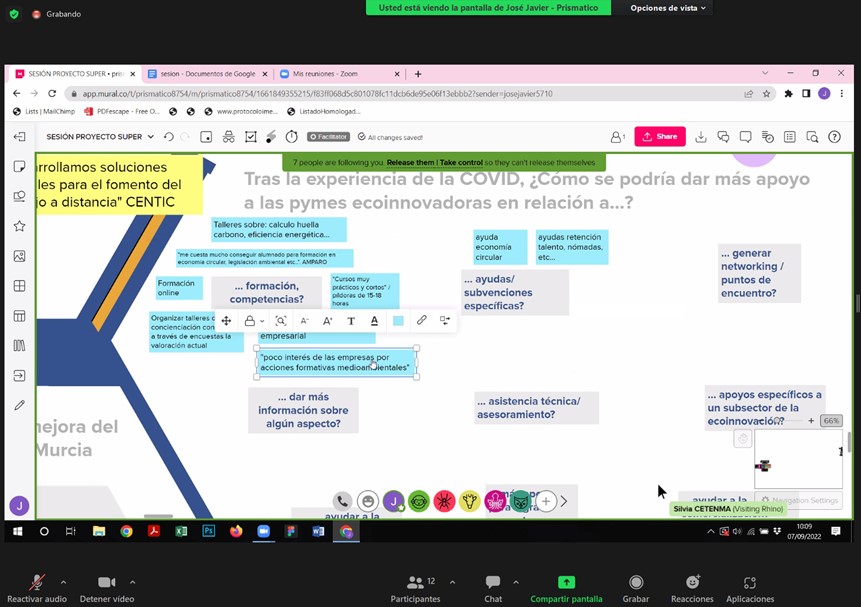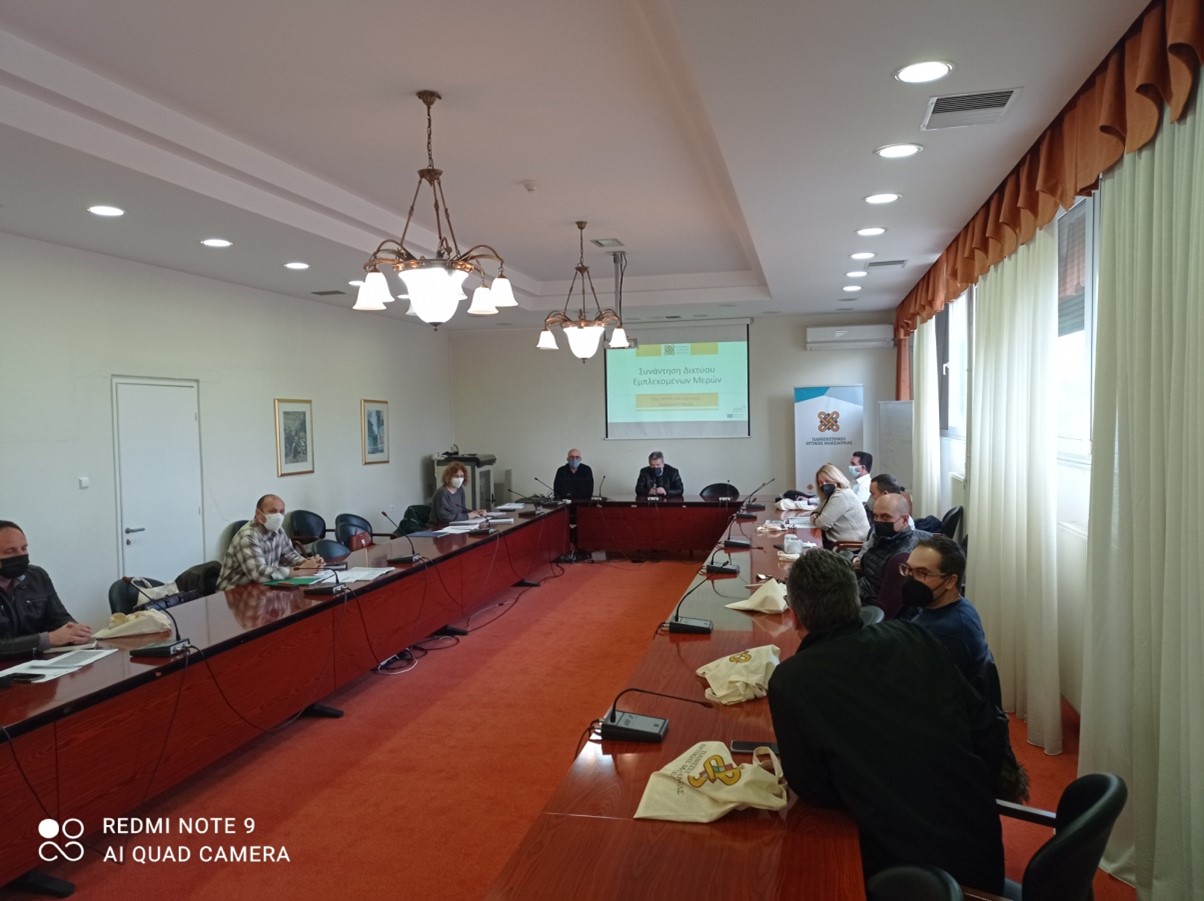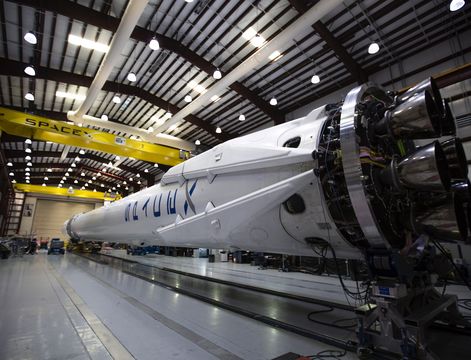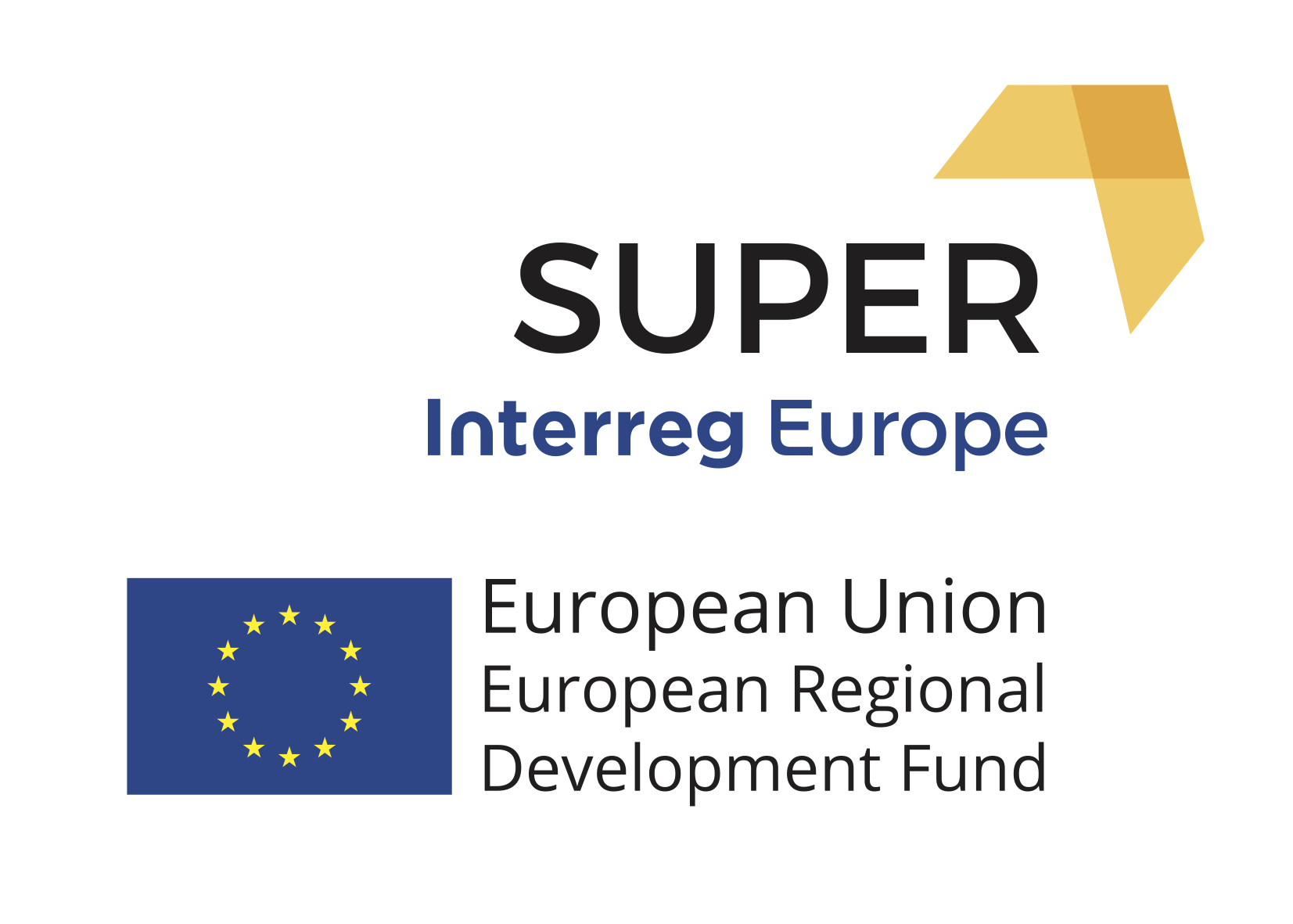Regional workshop with stakeholders in Vidzeme, Latvia
On April 26, the Vidzeme planning region organized an online discussion where interested parties were introduced to the research conducted within the SUPER project on support for eco-innovative companies in the conditions of the COVID-19 pandemic in the Vidzeme region. As part of the research, companies from various fields, including waste management, recycling, eco-product production, etc., were interviewed to obtain information about the challenges posed by the pandemic conditions for eco-innovative companies and the support tools used to strengthen companies in crisis conditions.
Analyzing the results of the interviews conducted as part of the research, it was concluded that the regression of the zero-waste movement took place during the crisis, which is related to the rapidly growing demand for packaging, which was especially stimulated by the lack of ecological alternatives.
In trade, the barriers for companies were created by insufficient digital skills, while the limited supply of raw materials and goods created innovations.
Interview participants provided recommendations for improving support programs in the future so that companies successfully overcome the challenges caused by the crisis. In the future, entrepreneurs call for a reduction in bureaucracy, incl. speeding up the process of granting support, as well as thoughtfully developing the criteria for receiving support, as the experience so far has shown that not everyone who was in dire need of support qualified for it.
Entrepreneurs indicated that none of the types of support were explicitly intended to strengthen the activities of eco-innovative companies. As indicated by the interviewees, the activity of eco-innovative companies is specific as developing eco-innovative solutions is more time-consuming and, compared to traditional sectors, includes a much more significant component of technology use. Therefore in times of crisis, support for such companies is crucial for the company's existence and development.
At the April 26 event, those present were invited to participate in discussions after getting acquainted with the results of the conducted research. They revealed their observations about what benefits and lessons have been obtained in crisis conditions and what should be taken into account when re-planning or creating new support tools for companies, incl. for eco-innovative companies. The panelists concluded that, although digitization and remote work were initially a big challenge, it has irreversibly affected the operation of both the private sector and the public administration.
National-level data systems, which should be improved, have also been thought of so that when necessary, by analyzing the data, it would be possible to automatically conclude which sectors and companies are in difficulties and which support would be the most appropriate for them. In addition, as the panelists concluded, such data analysis would also be helpful in everyday life, reducing threats and risks in the operation of prospective companies.
The discussion also focused on innovation as a tool to help overcome the crisis. The attendees were invited to think about the effective use of financial resources. They were asked to focus not only on compensation for the losses caused by the crisis but also providing support for developing innovative solutions that would not only overcome the crisis but also contribute to the company's development after the crisis.
Written by Anita Āboliņa, Communication manager at Vidzeme Planning Region, Latvia
